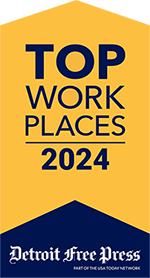On October 25th, 2001, Bruce Blythe, the President of Crisis Management International (which would later merge with its sister companies to become R3 Continuum) spoke with Katie Couric in a Today Show Interview that aired following the terrorist attacks in New York on September 11th.
In the interview, Bruce described the stress and anxiety many people felt following 9/11. Watching the interview back today feels almost eerie—as strangely enough, much of what Bruce described in this video bears similarities to the stress, anxiety, and overwhelm many of us feel today in the COVID-19 pandemic.
While on the surface people may seem to be fine—we are still in the midst of a highly stressful environment. During August 19, 2020 – February 1, 2021, the percentage of adults with symptoms of anxiety or depressive disorder increased from 36.4% to 41.5%, according to the Household Pulse Survey (HPS) conducted by the CDC in partnership with the U.S. Census Bureau.
Although it is now 20 years later, the advice Bruce shared in his Today Show interview for employers is still important in today’s world.
The first (and arguably most crucial) piece of advice Bruce offers employers is simple: before you can tell employees to return to “business as usual”, you must take a human-centric approach to supporting them.
Without addressing the way your employees are feeling first and foremost, your business will actually suffer more consequences. When employees do not receive the proper support they need to deal with their stress, it can eventually lead them to feel fatigued, unmotivated, and burned out—causing both people and businesses to hurt.
To do this, Bruce provides a 4-step approach for employers supporting employees through traumatic stress.
Here are the 4 things employers must do:
- Understand it– understand the stressful environment your employees are in, and that they will naturally feel the impact of this stress in both their personal and professional lives. It is a part of a normal human response.
- Accept it– accept that while you cannot change the stressful environment for your employees, you can do your best to support them with the right tools and resources to help them cope within it.
- Relax with it- allow the stress of your employees to be there. This does not mean to be comfortable with it, but as Bruce says, “relax with the discomfort.”
- Give it time– know that this time will pass eventually, and that although it may feel like it has lasted forever- it won’t always be here.
These 4 tips aren’t exclusive to leaders. They also apply to employees dealing with traumatic stress. If you are feeling elevated levels of stress or burnout, it is important to give yourself some grace and understand you are living in a time unlike any other—even if you have become somewhat “used to” life during COVID-19.
Bruce’s Today Show interview offers relevant advice and information for both employers and employees who may be struggling right now. Although we are living through an entirely different crisis than we were in 2001, COVID-19 and 9/11 both affected the world in similar ways.
We can all learn something from Bruce and reflect on what we have learned from our past experiences with crisis. Even when the world feels chaotic, it is important to remember just how resilient we are—and how we can support that resilience by taking care of each other and ourselves.







